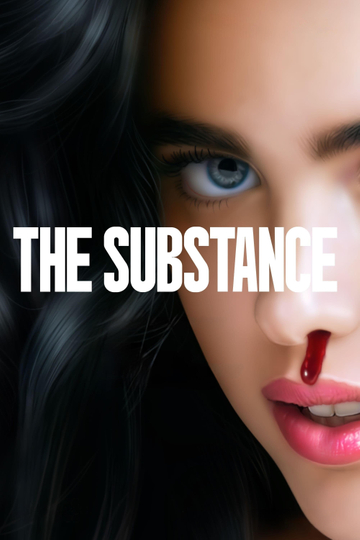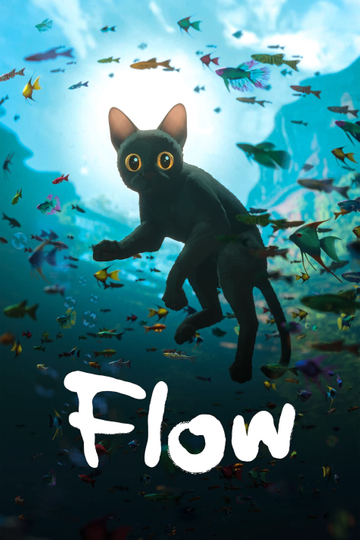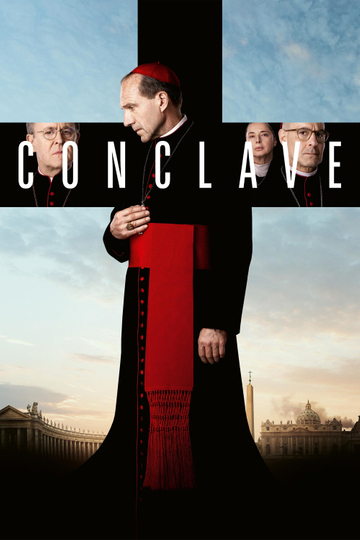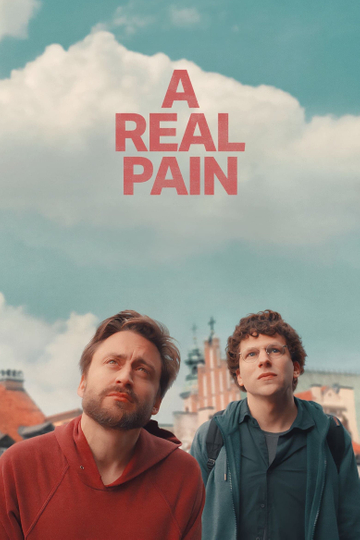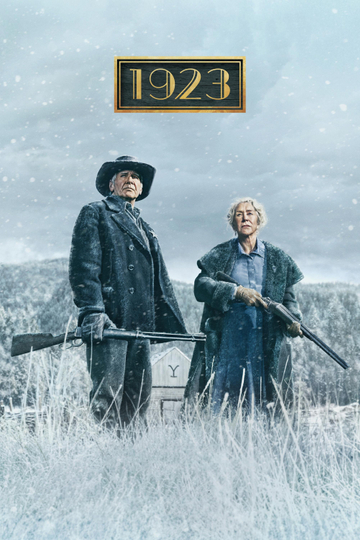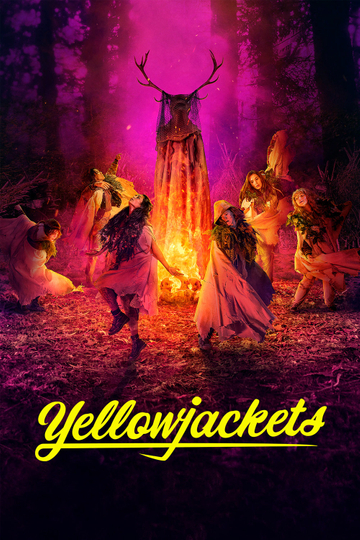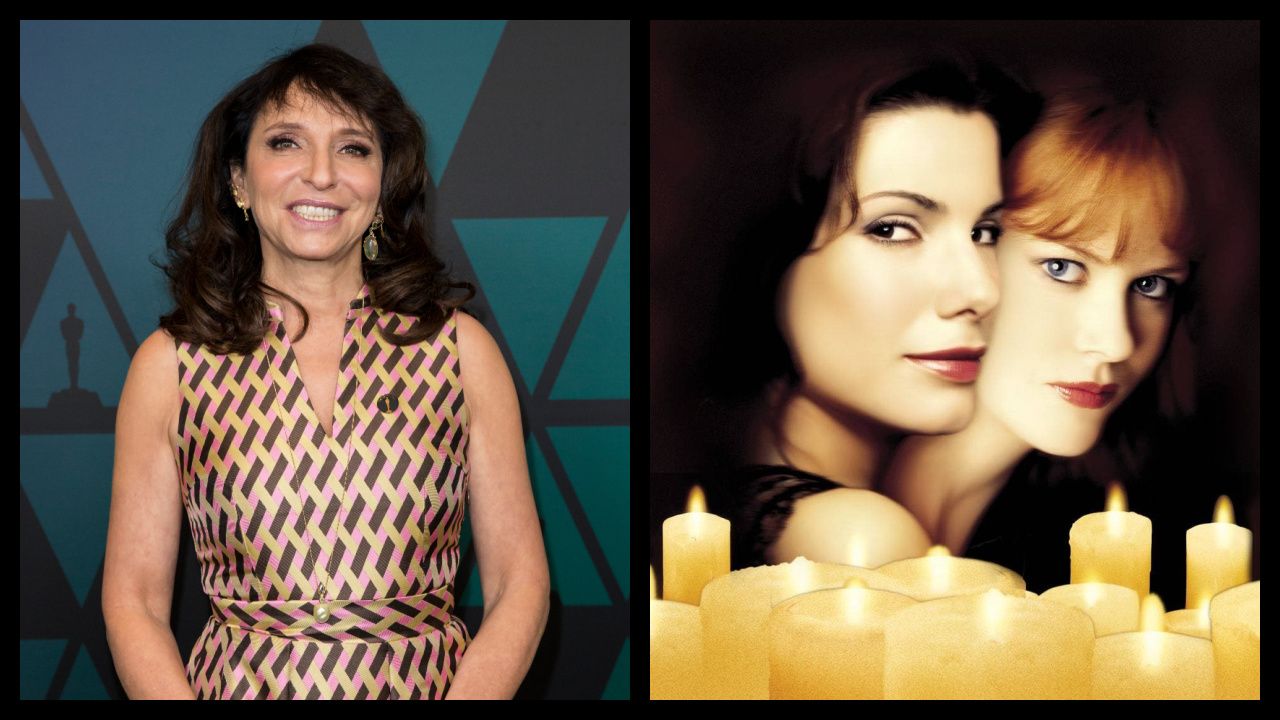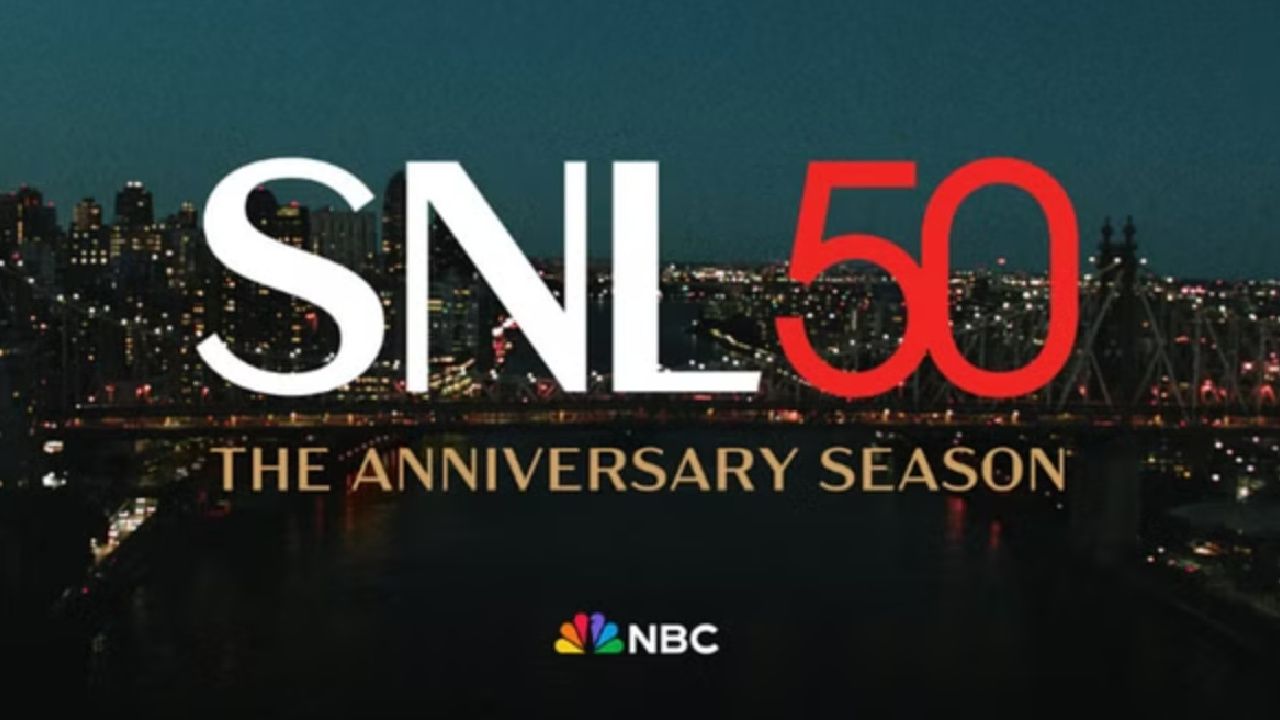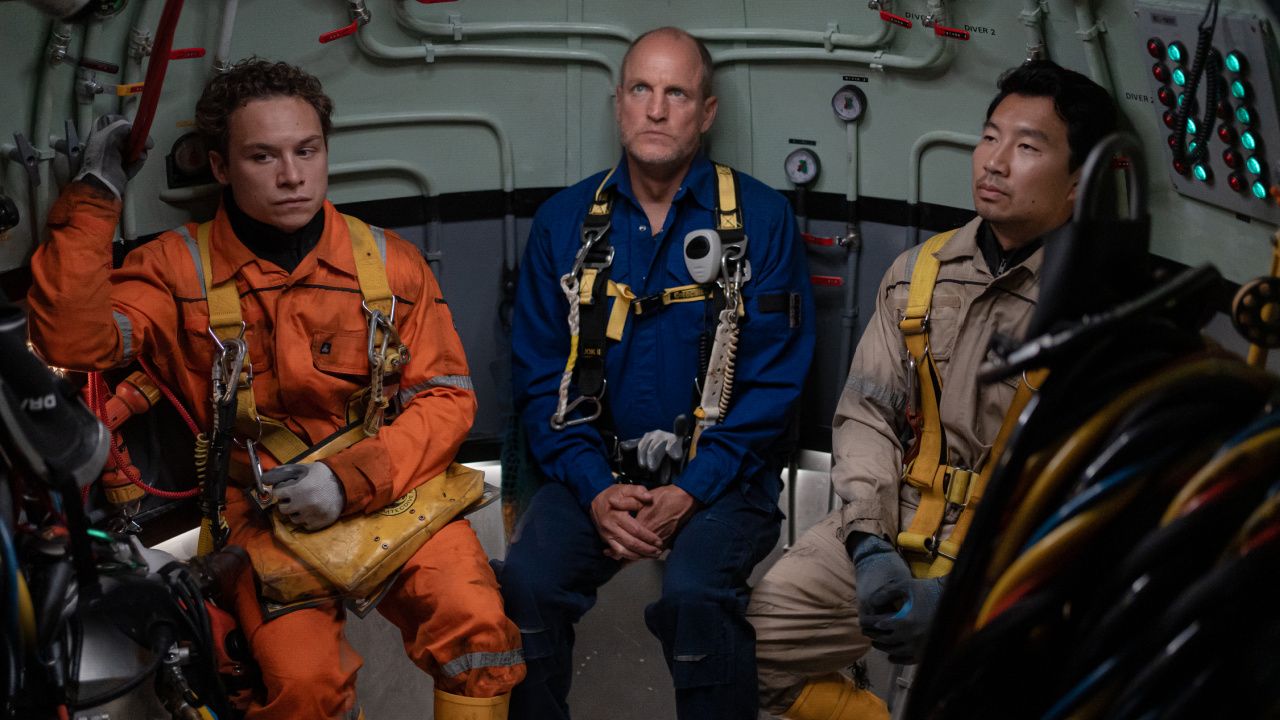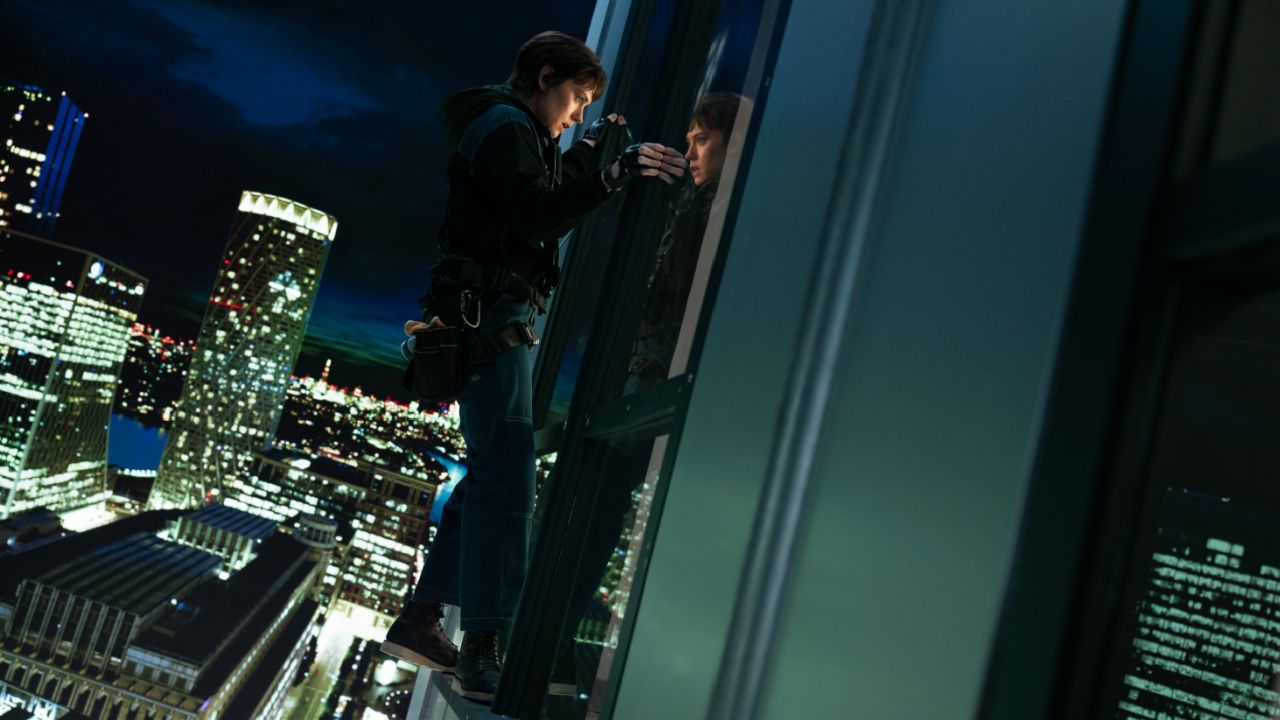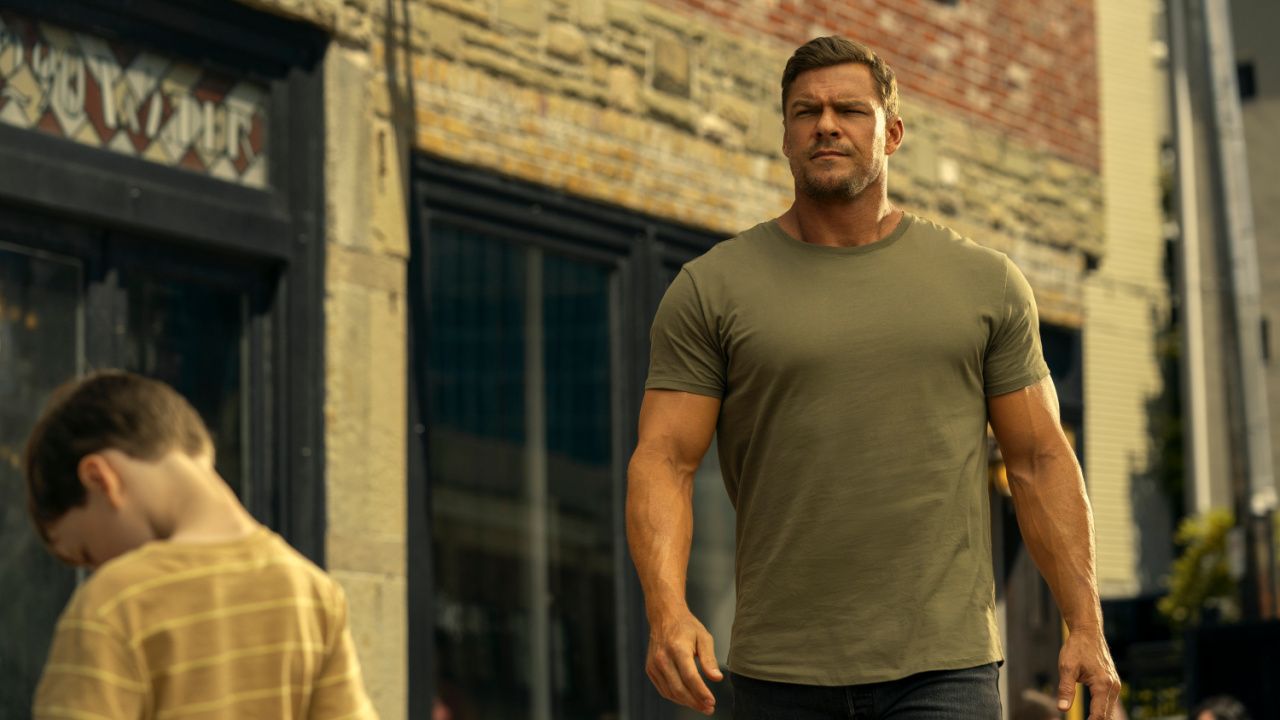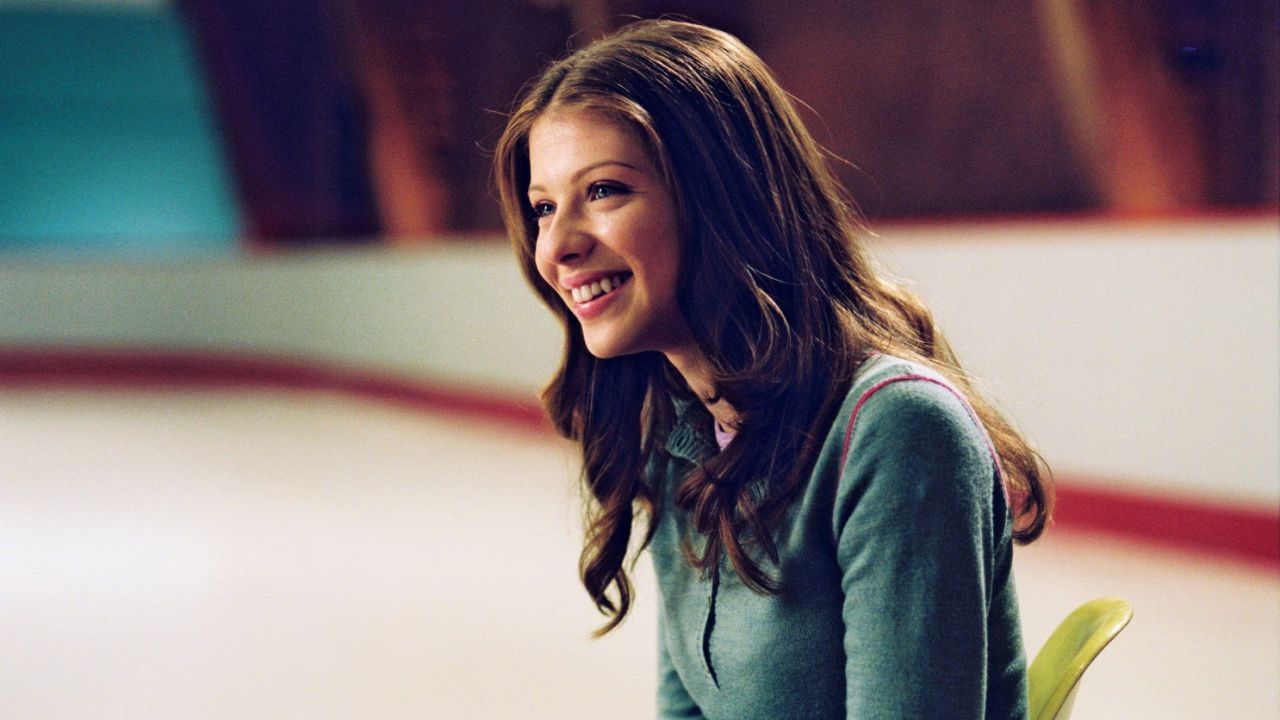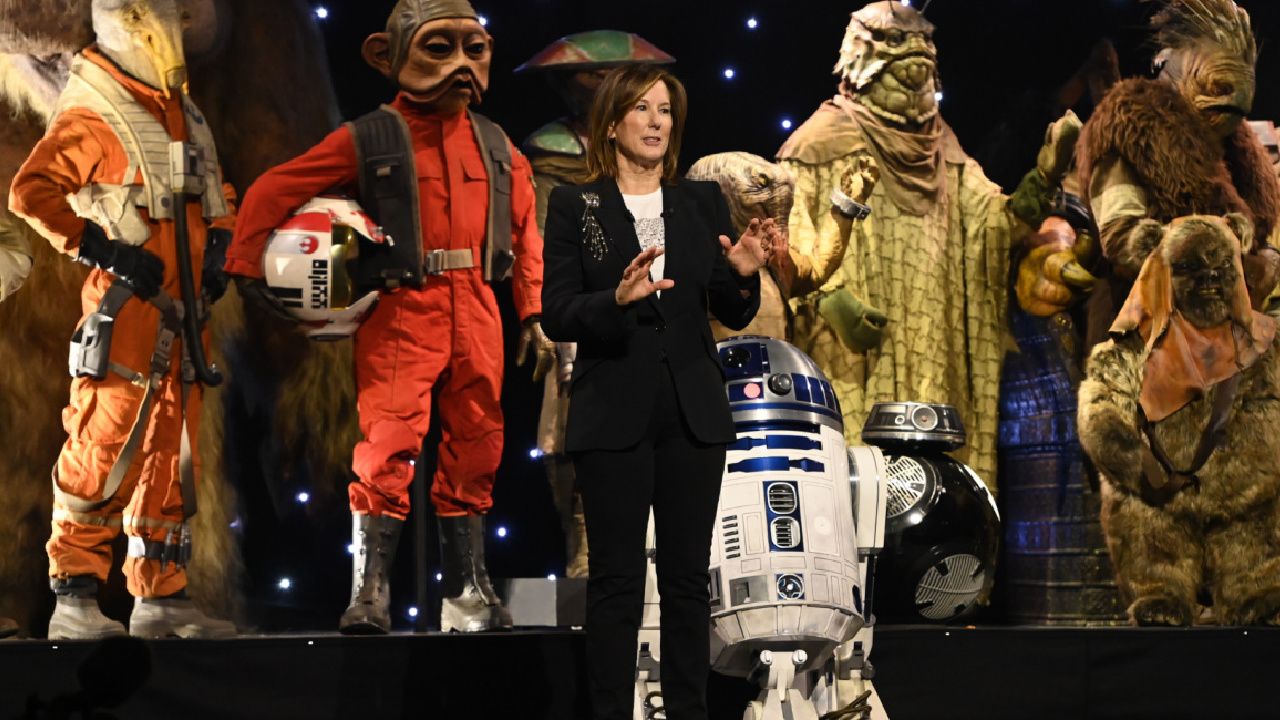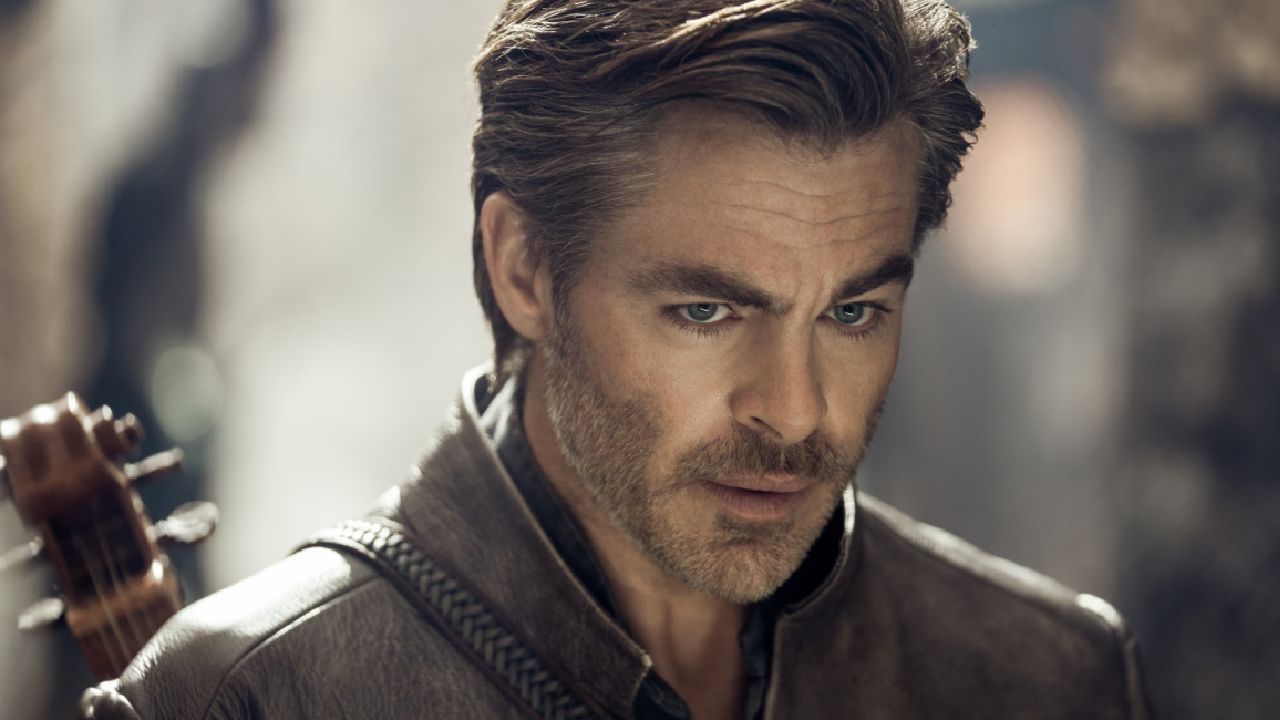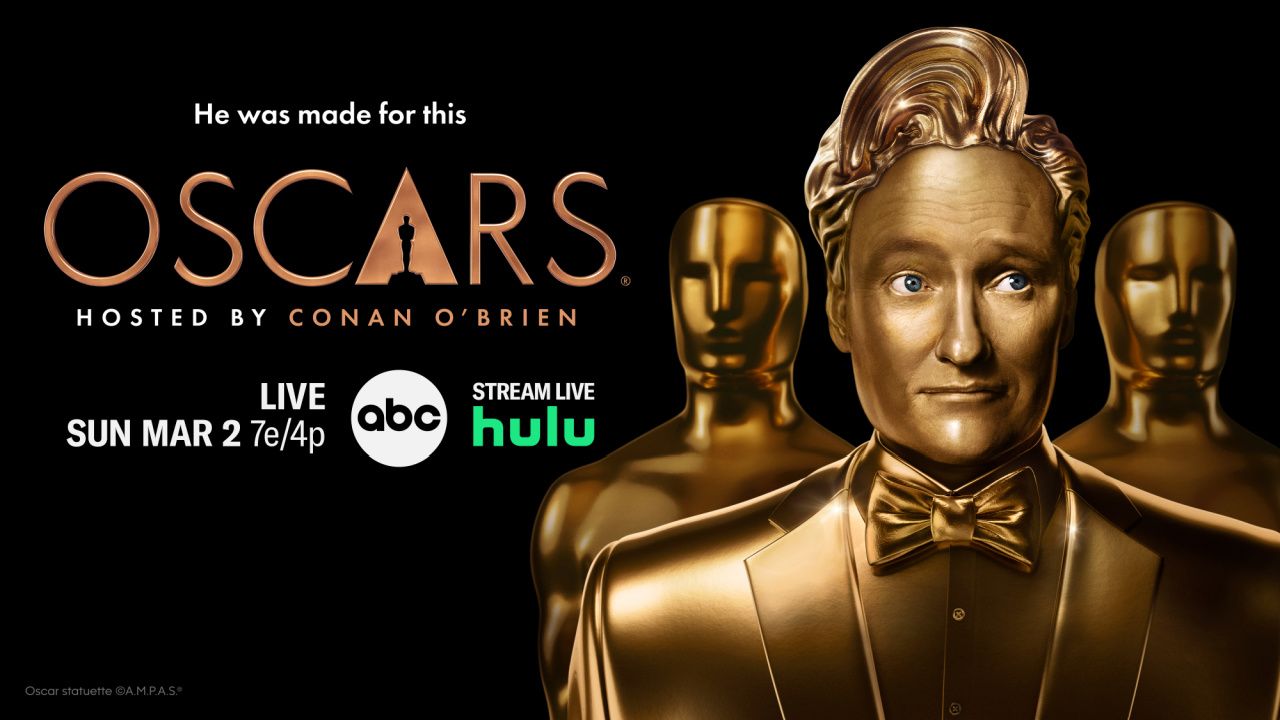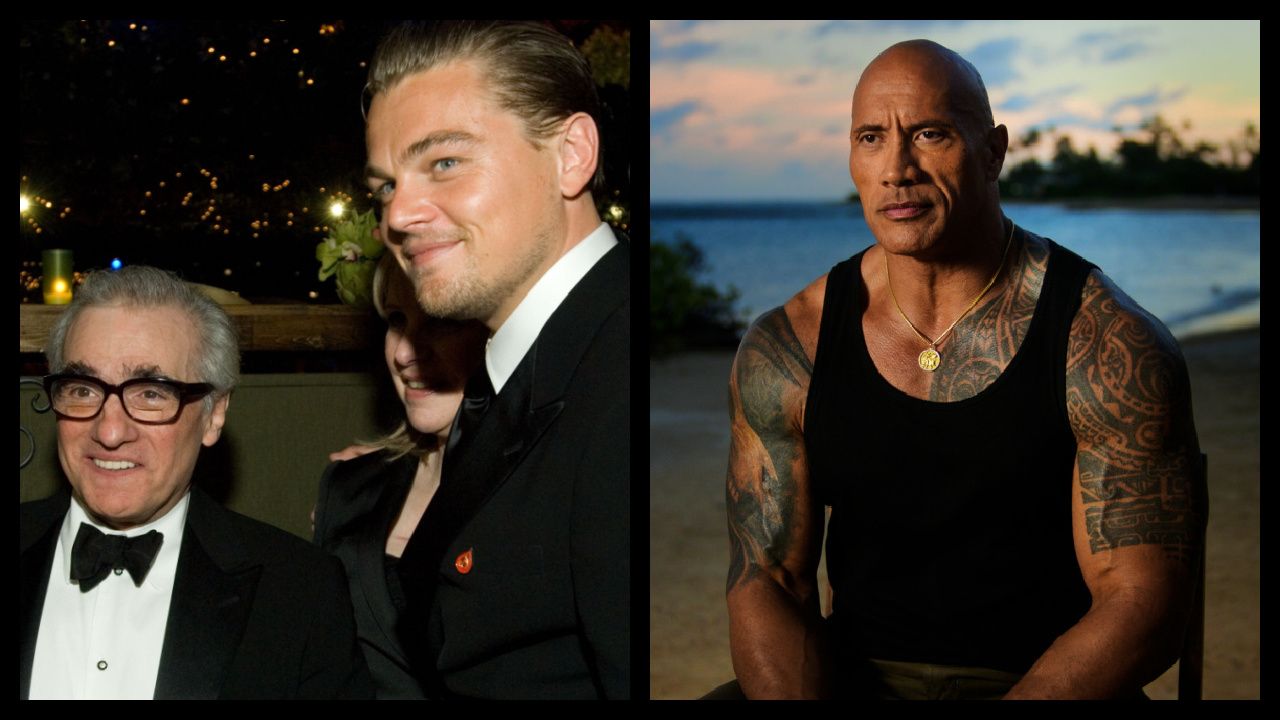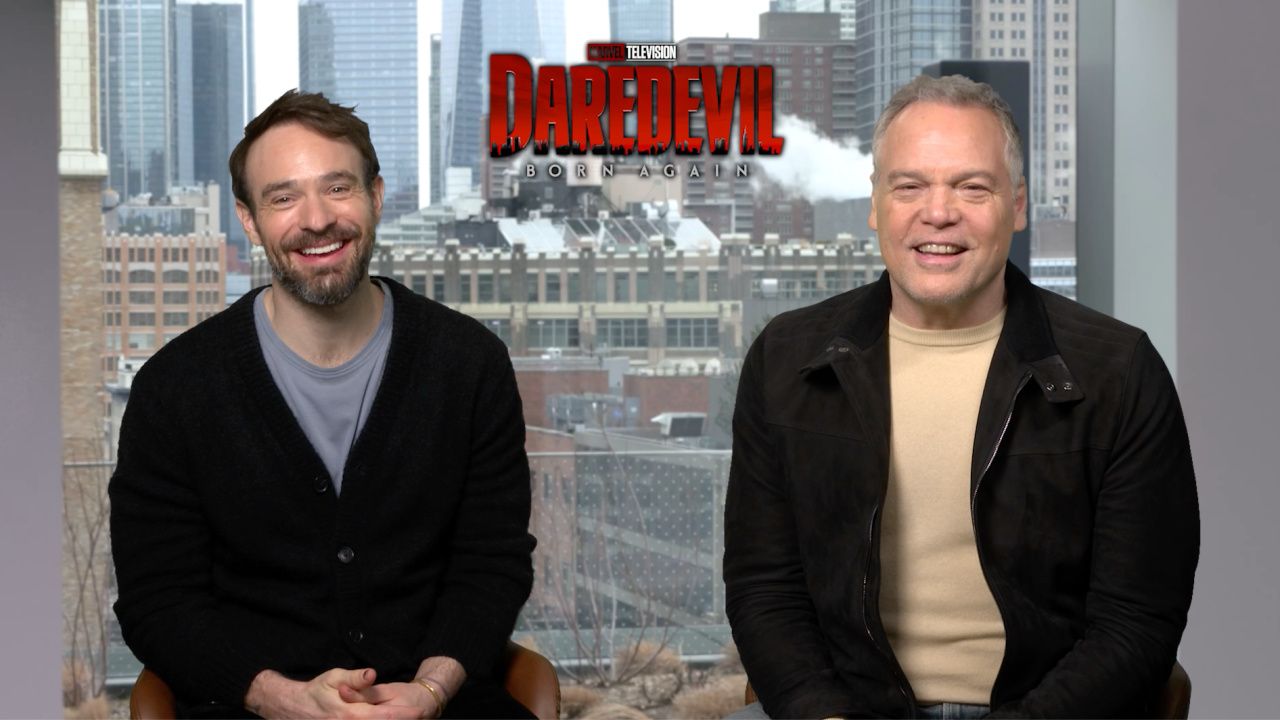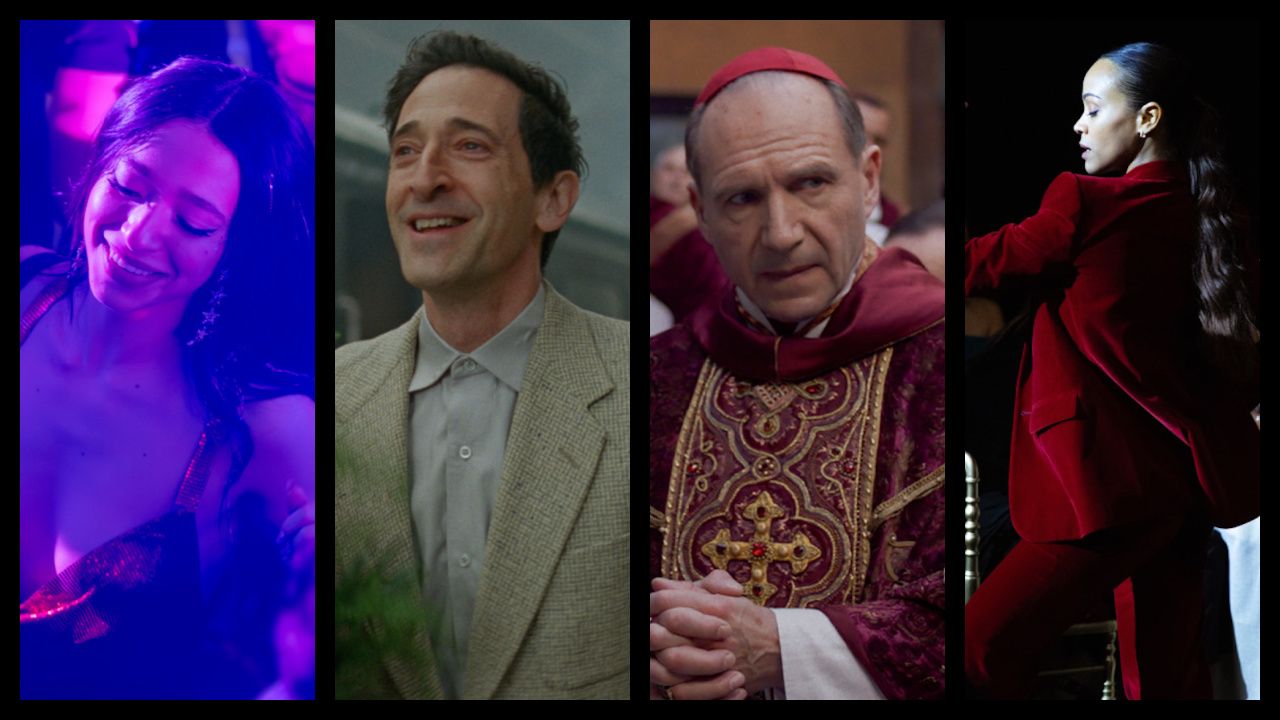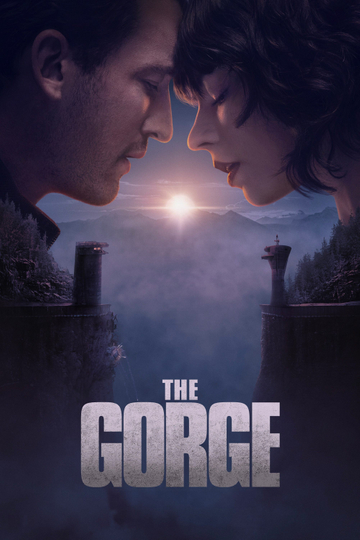My Empire of Sound: Looking Back at the Soundtrack Work of Trent Reznor
For an artist whose work seems to have been inspired by a lot of unhappy feelings, Trent Reznor has enjoyed a tremendous amount of success. The musician and artist established himself in the late 1980s and 90s with the singular and hugely influential group Nine Inch Nails, which led to becoming a producer for other artists, and eventually, an inspiration to filmmakers. Unsurprisingly, that led to a new direction for his career, composing music directly for the films of auteurs like David Fincher and Ken Burns. To commemorate his 54th birthday on May 17, Moviefone takes a look at his movie and television-related work that have become part of the pop cultural firmament.
“Natural Born Killers” (1994)
Reznor had already become a fixture in the musical landscape by 1994 when he was hired by Oliver Stone to create a backdrop for the director’s film about a pair of serial killers who become media darlings. Though he created only one original track for the soundtrack, he produced the rest of the soundtrack album, suggesting to Stone an album that was mirrored the film's unique editing style as a "collage of sound," featuring everything from hip-hop to world music.
“Lost Highway” (1997)
Reznor’s second produced soundtrack was for David Lynch, who enlisted him to weave together a score by longtime Lynch composer Angelo Badalamenti with classic bossa nova, electro industrial rock, and of course a handful of tracks from the NIN frontman himself, including the stone cold classic "The Perfect Drug" (which Reznor finally started performing live just recently).
“The Social Network” (2010)
It was almost a decade and a half before Reznor ventured into proper film composition, sparking a collaboration with creative confederate Atticus Ross that would continue throughout the rest of his career. Juggling moody ambient pieces with more propulsive, dance floor adjacent tracks, he captures the feverish energy of Fincher’s story of how Mark Zuckerberg created Facebook.
“The Girl with the Dragon Tattoo” (2011)
Reznor wasted no time jumping right back into an incredibly fruitful partnership with Fincher on his adaptation of Stieg Larsson’s bestseller of the same name. In the same family as his “Social Network” score but decidedly more ominous, Reznor’s music provided the perfect accompaniment for this twisted, sometimes violently sadistic murder mystery.
“Gone Girl” (2014)
Reznor’s third score for Fincher is, like the film it accompanies, an exercise in misdirection, as the perspectives of Nick (Ben Affleck) and Amy Dunne (Rosamund Pike) fight to tell a fractured truth. Reznor’s textured, ambient music evokes the likes of Brian Eno as he hints at both a fairytale romance and a brutally dysfunctional marriage.
“Patriots Day” (2016)
Peter Berg’s film about the Boston Marathon bombing needed little emotional amplification from a score, which may account for why Reznor’s themes are much lighter and more delicate than some of his other work. He nevertheless captures the haunting loss of that tragic incident and the chaos that ensued in its wake.
“The Vietnam War” (2017)
Ken Burns’ documentaries are always so thoughtful and detailed that they require the exact right music to make them a riveting experience. Drawing not upon the music of the era but his own instincts, Reznor and Ross offer some thoughtful melancholy music to represent the political morass that America got itself into, and eventually, the personal tragedy of lives destroyed and lost as a consequence of the country’s crisis of leadership.
“Mid90s” (2018) - Reznor only created a handful of tracks for Jonah Hill’s directorial debut (totally around 15 minutes), the story of a skateboarding-obsessed kid who comes of age among his peers. Reznor skillfully flirts with a sense of limitless optimism and also the melancholy onset of maturity as Hill’s protagonist goes through formative moments that prepare him for adulthood -- sometimes way before he should be ready.
“Bird Box” (2018)
Director Susanne Bier does an incredible job making this Sandra Bullock film’s premise -- a force that makes people go insane and commit suicide -- feel believable and real. But it’s Reznor and Ross’ work on the score that solidifies the increasingly unsettling feeling audiences have as they discover what’s happening, and are forced to watch Bullock’s character try and figure out how to fight back against an enemy that she cannot see and doesn’t know how to defeat.

